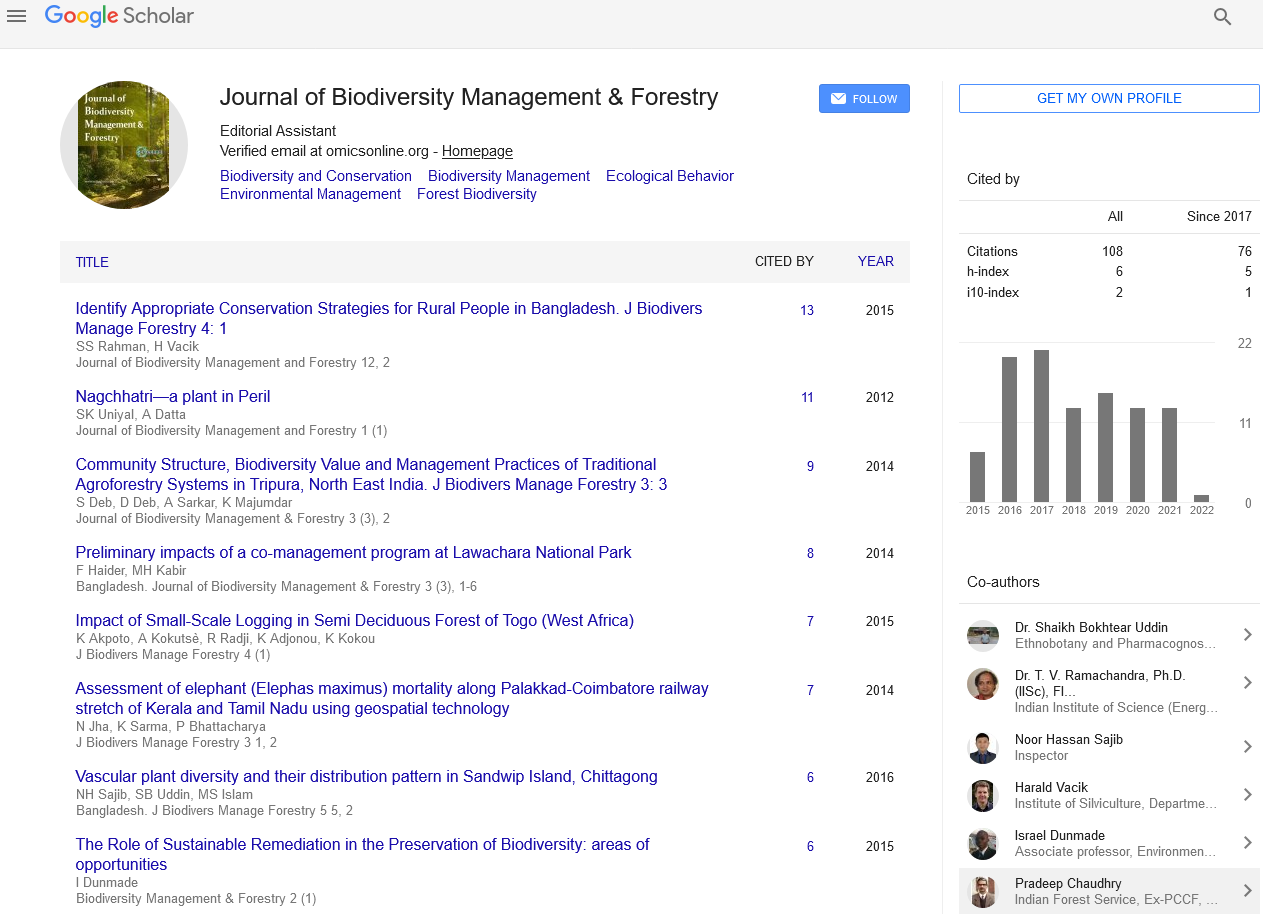Climate change in healthcare: exploring the potential role of inhaler prescribing
Joachim Starup Hansen
Brighton Sussex Medical School, UK
: J Biodivers Manage Forestry
Abstract
Climate change has been described as the biggest global health threat of the 21st century. As a result, governments around the world are committing to legislative change in order to reduce greenhouse gas emissions (GHGEs). The healthcare sector makes a significant contribution to GHGEs and in line with national legislation in the UK, the NHS has recently committed to achieving net zero emissions by 2050. The management of asthma and COPD largely depends on the prescribing of medications that are delivered through inhalers. In the UK, the use of pressurised metered dose inhalers (pMDIs), which rely on hydro fluorocarbon (HFC) propellants accounts for 3.5% of the NHS’s total carbon footprint. In contrast, dry powder inhalers (DPIs) have a much lower carbon footprint due to the absence of a HFC propellant. Here we review evidence of the impact of inhaler choices across four domains: environmental impact, clinical effectiveness, and cost effectiveness and patient preferences. We find that as well as a lower global warming potential, DPIs have additional benefits over pMDIs in other domains and should be considered first line where clinically appropriate.
Biography
Joachim Starup-Hansen is a final year Medical student at Brighton and Sussex Medical School. He has an avid interest in the role of structural implementations of solutions to target climate change and global warming. In this talk he would discuss the low hanging fruit that could be reaped to combat climate change.
 Spanish
Spanish  Chinese
Chinese  Russian
Russian  German
German  French
French  Japanese
Japanese  Portuguese
Portuguese  Hindi
Hindi 
